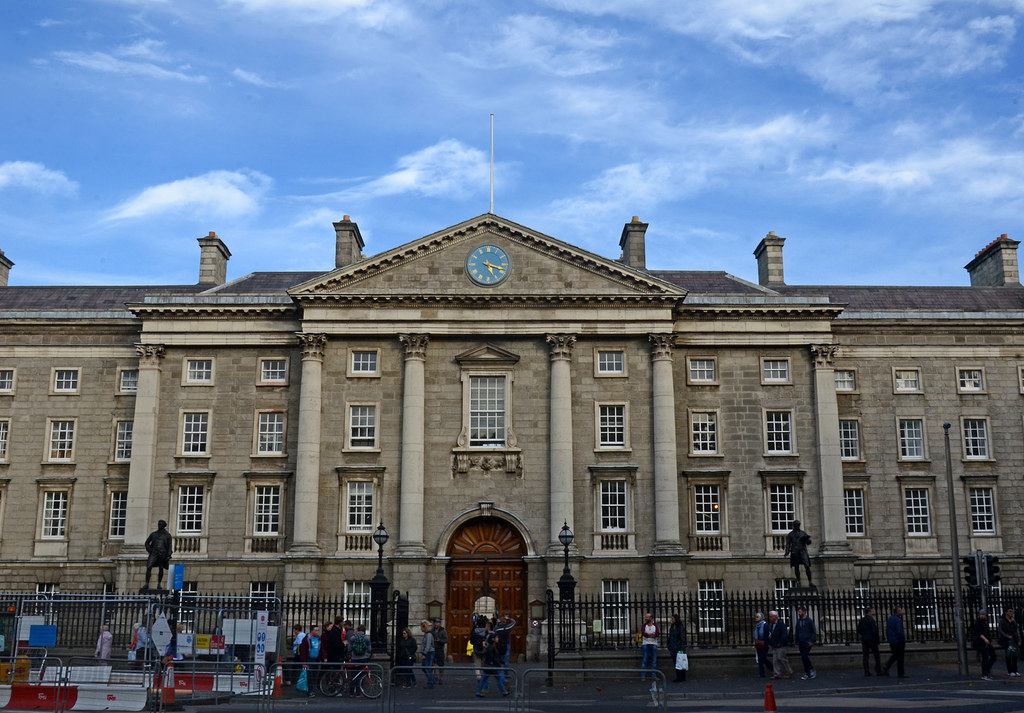
Comment Editor Natalia Carter reports on the new partnership between UoB and Trinity College Dublin which went ahead despite Brexit concerns
Amidst concerns regarding ‘post-Brexit uncertainty,’ the University of Birmingham and Trinity College Dublin (TCD) have commenced a partnership. The partnership will allow students the opportunity to engage with exchange programmes through a ‘student mobility agreement’ involving research and education. This agreement aims to ‘strengthen European links’ in the event of a no-deal Brexit.
The University of Birmingham stated that Brexit has made study opportunities in Europe increasingly unclear, with research projects already feeling the impact.
In addition to some research projects falling through, undergraduate recruitment from the EU has fallen by 30% over the last two to three years, and a no-deal Brexit could result in a potential £30m loss of income.
A spokesperson for UoB has informed the BBC that a no-deal Brexit could result in the University losing tens of millions of pounds. The University’s International Pro-Vice-Chancellor, Robin Mason, said that ‘since December, we have gone full into considering what might happen if there is no deal at all and we are looking at all aspects.’
They will be investigating how the digital world impacts upon argument, perceptions of authorship, authority structures
With the partnership between both universities in place, the leading researchers from each establishment will have the opportunity to work collaboratively across three different areas of research such as medical schools’ clinical trials, bioengineering, and digital text editing.
The clinical trials research includes the added consideration of training with research workshops, longer-term joint PhDs and split appointments. It will also offer clinical placements for medical students.
The joint bioengineering research will be split between TCD’s materials science and bioengineering centre AMBER, and Birmingham’s Institute for Translational Medicine.
Meanwhile the digital text editing research will see a collaboration between UoB’s research in digital editing with TCD’s work in digital humanities. Together they will be investigating how ‘the digital world impacts upon argument, perceptions of authorship, authority structures.’
They will also be working collaboratively across their professional services in order to develop ‘best practice exchange’, according to a Silicon Republic article. This includes work regarding operational management of the University’s facilities, online timetabling, and academic year structure.
Both universities commented on the new partnership, with a representative from TCD, Dr Patrick Prendergast, stating that ‘advances are made through partnership with others.’ UoB’s Vice-Chancellor Professor David Eastwood has said that the university is ‘delighted to agree this key partnership with TCD.’
Comments